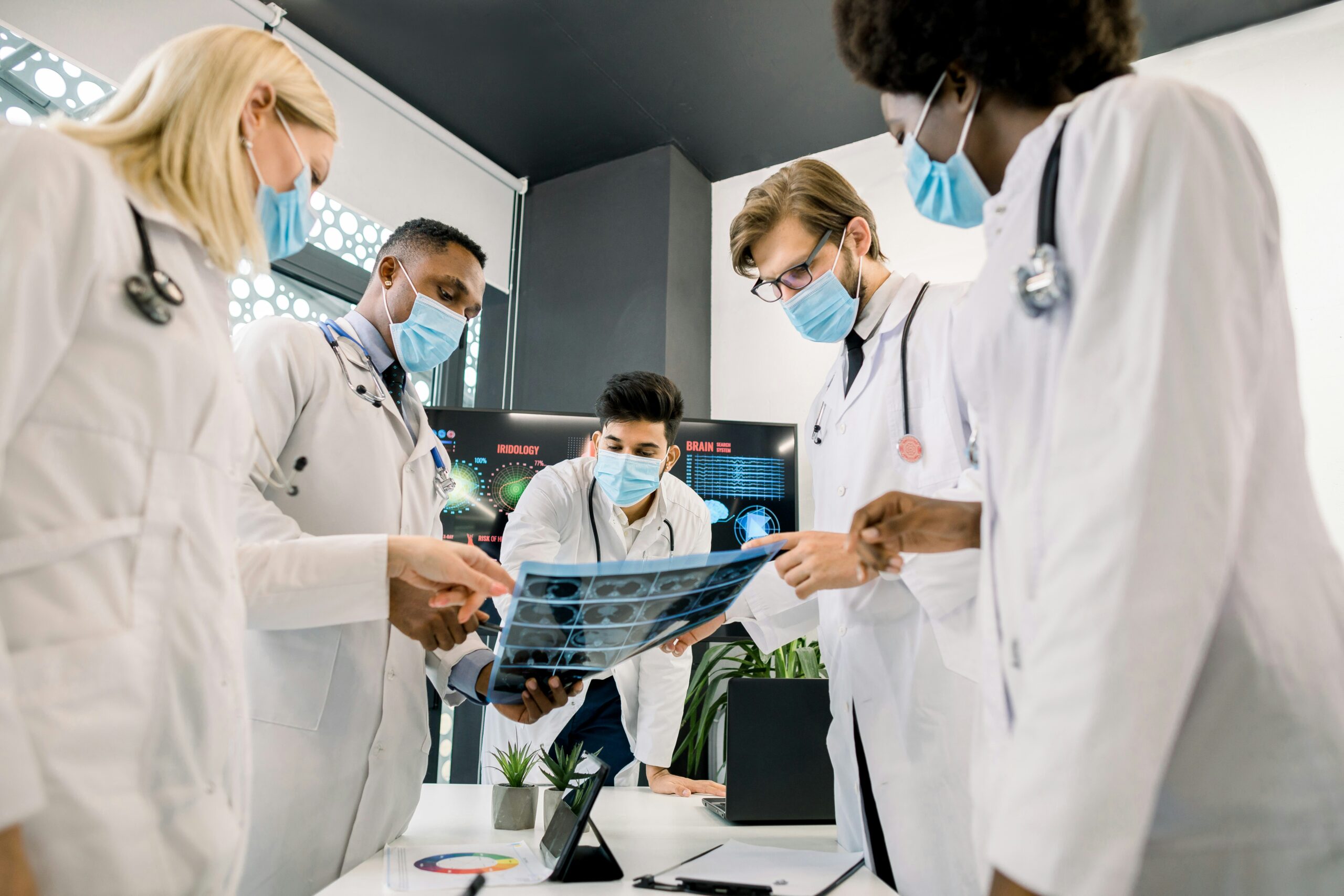
Medical missions play a vital role in enhancing global health by delivering essential medical care to communities with limited access. These missions deploy healthcare professionals and volunteers to remote or underserved regions, providing treatments, health education, and support that local systems often cannot offer. Through their work, medical missions help reduce health inequalities and strengthen the foundation of healthcare worldwide.
This article examines the impact of medical missions on global health, the benefits they offer to communities, the challenges they encounter, and their increasing role in shaping future health outcomes.
Medical Missions: Expanding Healthcare Reach
Many parts of the world face shortages of doctors, nurses, medicines, and medical facilities. This shortage leaves millions without the care they need. Medical missions aim to fill these gaps by delivering direct healthcare services to these populations. Medical teams provide urgent care, routine checkups, surgeries, and vaccinations during their visits.
Besides treating illnesses, medical missions focus on prevention by educating patients about hygiene, nutrition, and disease prevention. This education helps reduce future health problems and builds a healthier population.
By expanding healthcare access to isolated or impoverished communities, medical missions improve health outcomes where they matter most.
Immediate and Lasting Benefits for Communities
Communities receiving medical missions often experience significant improvements in health. Immediate benefits include diagnosis and treatment of diseases that would otherwise go unaddressed. Many patients receive medicines, surgeries, or therapies they could not access before.
Education plays a key role in lasting benefits. Volunteers teach safe practices, including handwashing, the use of clean water, and proper nutrition. These lessons help prevent common illnesses and improve overall well-being.
Medical missions also support local healthcare workers by sharing knowledge and skills. This cooperation strengthens health services long after the mission ends.
Overcoming Challenges in Medical Missions
Despite their importance, medical missions face several challenges. Cultural barriers can hinder medical teams‘ ability to communicate effectively and respect local customs. Understanding and adapting to these differences is essential for mission success.
Logistics can also be a hurdle. Transporting supplies, equipment, and personnel to remote locations requires careful planning and allocation of resources. The limited time available during missions restricts the amount of care that can be provided and reduces opportunities for follow-up.
Medical missions must coordinate with local health systems to avoid overlap or dependency. Missions that support and train local providers contribute to sustainable healthcare improvements.
Aligning with Global Health Goals
Medical missions support key global health objectives established by organizations such as the World Health Organization and the United Nations. They help reduce the spread of infectious diseases, improve maternal and child health, and promote access to essential health services.
By focusing on underserved populations, medical missions help reduce health inequalities between countries and regions. Their work directly contributes to the Sustainable Development Goals, which aim to ensure good health and well-being for all.
Furthermore, data collected during missions can inform global health policies and funding decisions, making missions valuable for research and planning.
Evolving Medical Missions with Technology and Training
The future of medical missions includes new technologies and approaches that enhance their effectiveness. Telemedicine enables doctors to guide local healthcare workers remotely, extending expert care beyond the mission itself.
Training local health professionals remains a top priority. Empowering local workers with knowledge and skills leads to lasting health improvements and reduces reliance on external aid.
Stronger collaboration among governments, NGOs, and international organizations also increases the reach and impact of medical missions. Shared resources and coordinated planning improve healthcare delivery worldwide.
Final Thoughts
Medical missions play a vital role in enhancing global health by providing care to underserved communities, educating populations, and strengthening local healthcare systems. Despite challenges, innovation and collaboration continue to improve their success. By bridging healthcare gaps worldwide, medical missions help build a healthier future for everyone.